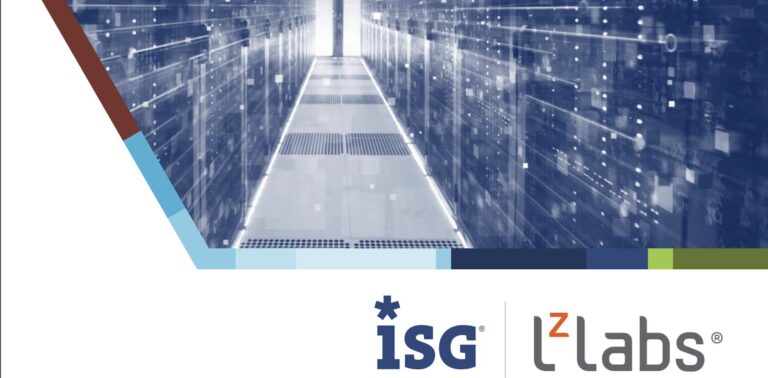Zurich, July 14 2020 – LzLabs today announced that it is expanding into the North American market, addressing increased demand for mainframe legacy application migration and modernization in the region. With a host of geopolitical factors bringing the longstanding challenges of legacy applications into the spotlight, the company will offer its LzLabs Software Defined Mainframe® to customers in sectors such as banking, insurance, telecoms and government.
Founded in 2011 in Zurich, Switzerland, LzLabs provides software and services to help companies move mainframe business applications and data to modern systems and evolve them into modern formats. The company’s unique solutions restore a customer’s freedom to choose the best platform upon which to run these critical applications. In this way they are able to modernize easily, leverage more cutting-edge technologies and save money.
LzLabs has developed the LzLabs Software Defined Mainframe® (LzSDM®), which includes an Eclipse-based development environment for maintaining and modernizing legacy applications and a Linux runtime for those applications. Crucially, the runtime also enables legacy applications, for which no source-code is available, to run in the cloud. Many global enterprises do not have access to the original source code of their mainframe applications, and so remain locked into the mainframe without a technology like LzSDM®.
LzLabs’ expansion into the North American market follows a period of rapid growth for the company and a surge in demand for mainframe modernization solutions in the region. The issues of mainframe systems were put into sharp focus in April, when multiple US state government departments made calls for COBOL programmers to come forward as their mainframe systems failed to handle a surge in unemployment claims processing – a result of the COVID-19 pandemic. Legacy applications have become locked-in to mainframe infrastructures, and the lack of available skills in the workforce that understand the platform and its development process, has revealed the urgent need to move these critical applications to open platforms and the cloud.
LzLabs works closely with the world’s largest public cloud providers including Amazon Web Services and Microsoft Azure, and has active strategic partnerships with leading Global System Integrators and Technology Partners. With this global expansion, LzLabs seeks to bring to US organizations the same benefits its European customers have seen from modernizing using LzSDM®. In 2019, LzSDM® customer Swisscom achieved a landmark in enterprise IT, becoming the first organization ever to switch off its legacy mainframe and move its entire mainframe application portfolio and data, without changes, to Linux systems in the cloud.
“We turned to LzLabs for two reasons – reducing the high cost of our legacy mainframe, but also a need for greater flexibility in our IT infrastructure that we could not achieve on the mainframe” said Markus Tschumper, Head of General IT Services at Swisscom. “With applications and data migrated unchanged, LzSDM® represented a lower risk path for us to reach this goal” he continued.
Bob Ellsworth, Worldwide Director, Mainframe Transformation at Microsoft, said: “as LzLabs expands into the North American market, we are partnering together to introduce their solution to our customers. Our customers want the flexibility and modernization benefits of running mainframe applications on Microsoft Azure. The LzLabs Software Defined Mainframe provides a unique solution which addresses the business requirements of many of our customers while reducing the risk of migration. As mainframe application migration specialists, the LzLabs team is positioned to offer companies in North America a lower risk path to a future where legacy applications can become an enabler for their business.”
Mark Cresswell, CEO of LzLabs, said: “we see expansion into the North American market as a pivotal moment not just for our company, but for the many large enterprises and public sector organizations in the region for whom the current environment for their critical legacy applications presents a very real business risk. The skills available to support this workload are in critically short supply and competitors continue to gain ground using far more modern technologies. Companies in North America will now have the ability to choose a more appropriate combination of platforms upon which to run these applications and position themselves for the future.”

